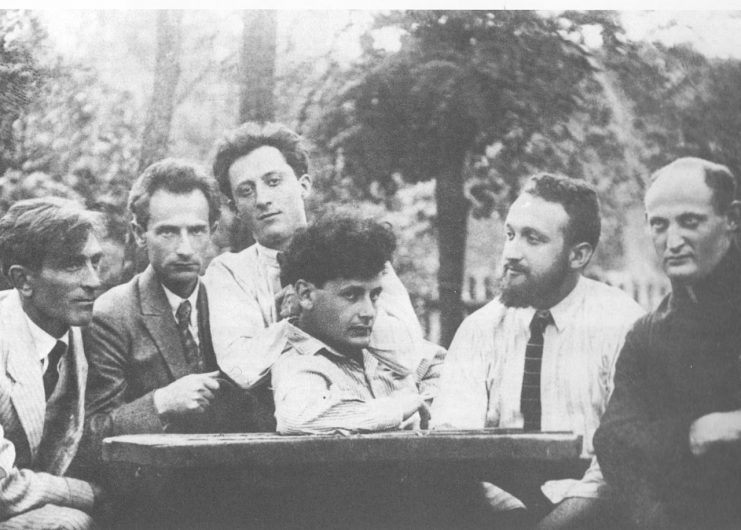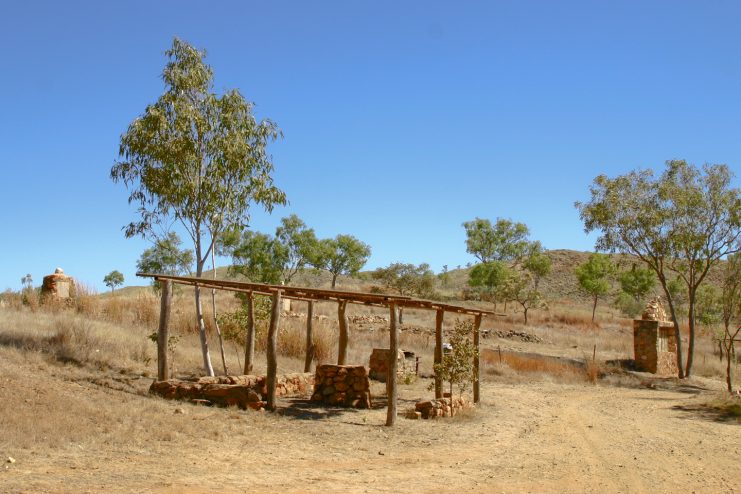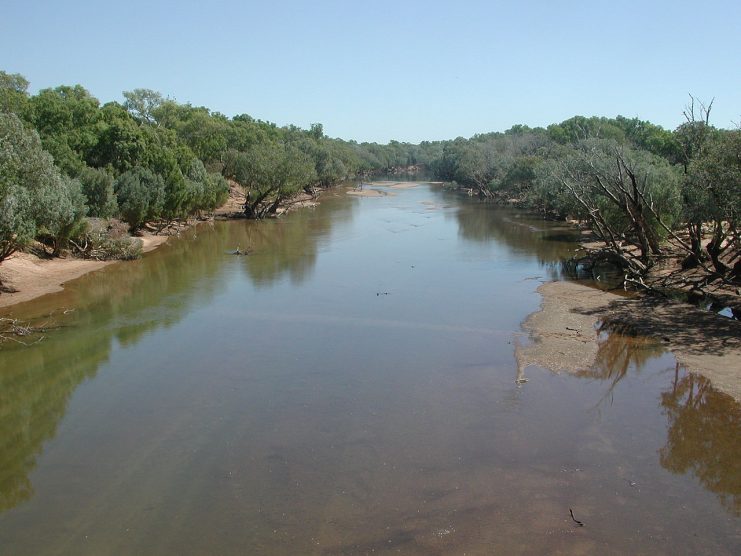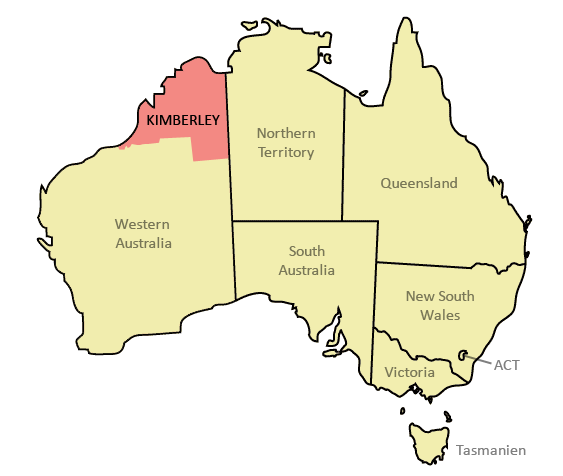Poet and educator Melekh Ravitsh had a dream, shared by many Jewish people who had witnessed the anti-Semitism of the Nazi regime led by Adolf Hitler.
A dream of a homeland, safe from pogroms, oppression or apartheid policies practised by governments against those of Jewish descent.
His was a lifetime’s quest for a homeland, born in Austro-Hungary he fought in WWI in the Austrian army, lived in Vienna for a time after the war and in 1921 settled in Warsaw, Poland.

The Zionist movement was set on a return to Palestine, the emotional and spiritual home of their faith, while other, more pragmatic souls sought a place of safety in new frontiers.
He embarked upon an epic journey accompanied by an Italian ex-expatriate mailman and an aboriginal boy called Angus, as a guide.

In his pocket he carried a letter of introduction from academic scholar Albert Einstein and was initially tasked with the mission of fundraising for Yiddish schools, but he soon became excited by the prospect of finding a safe haven for the world’s Jews.
Historian and writer Anna Epstein is convinced that the fundraising mission was simply a pretext that ensured his passage to Australia and that his principle motivation was the prospect of resettling German Jews and other at risk populations on the southern continent.

The original trip took him through the major cities of Australia, Sydney, Melbourne, Adelaide and Brisbane, raising funds and also sending articles back to a Yiddish newspaper in Warsaw, home to one of Europe’s largest Jewish populations.
Eventually he took a train, a four-day ride to Alice Springs before joining the mail-truck on a five-day bumpy trek through the outback to Birdum.
“In a place where 5,000 people have settled of their own free will… and have a life that on average isn’t bad, a hundred thousand could settle,” Ravitsh said of the remote outback region, imagining that although any first wave of settlers might find the climate unbearably hot, their children would undoubtedly acclimatise.

He met with the administrator of the Northern Territory who was supportive of Ravitsh’s vision of a new homeland which he campaigned for with the Freeland League for Jewish Territorial Colonisation.
But the Australian government in Canberra was not convinced. In 1934 they cited ongoing diplomatic issues between Britain and Germany and could not contemplate “throwing open the North to all the Jews who have left Germany since the Nazi Regime.”
Undaunted, Ravitsh moved his family to Melbourne, Australia the following year where he became headmaster of the city’s first Yiddish school.

He spent his time continuing his campaign for a Jewish homeland on the continent but remained strangely blind to the aboriginal presence and described the land as empty despite his many photographs of the indigenous peoples he encountered on his travels.
It turned out that he was not a man to settle and in 1938 he left his family and travelled to Argentina.
From there he went to Mexico and New York before coming to rest in Montreal in Canada, where he helped to resettle literary Jewish refugees from WWII in Europe, helping to create a hub for Yiddish literature in the process.
When Ravitsh left Australia, it was official preference rather than policy that said white British settlers were expected develop the Northern Territories.
In the same year, Australian trade minister Thomas White stated that his country could do no more to support refugees fleeing Nazi Germany.
He said of the crisis facing Europe, “As we have no real racial problem, we are not desirous of importing one by encouraging any scheme of large-scale foreign migration.”
Star Trek’s Mr Sulu Pleased California Will Apologise for the Treatment of Japanese in WW2
Which may have been the final straw prompting Ravitsh to leave Australia and his vision behind.
